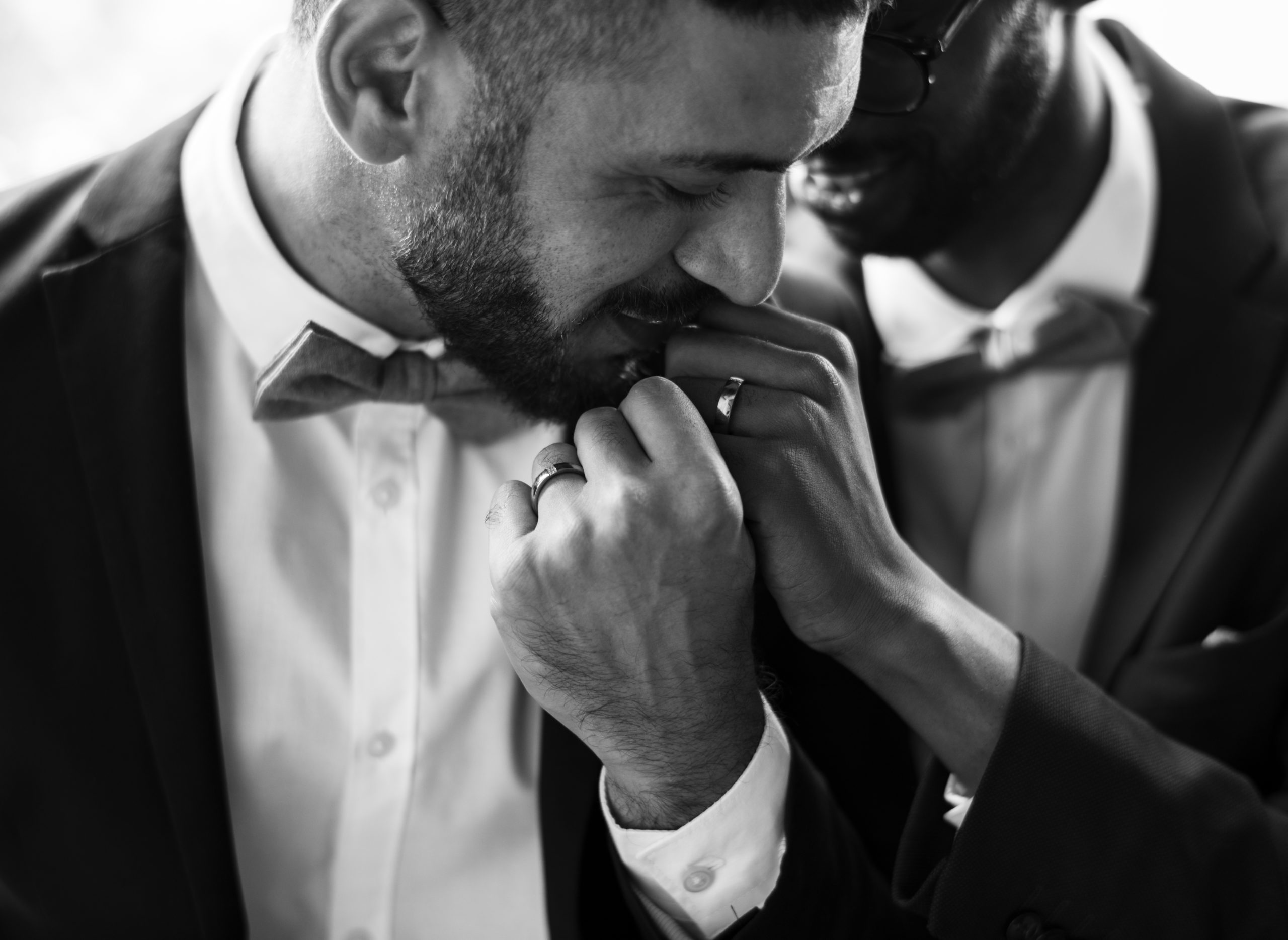Same-sex weddings have been a billion-dollar boon to the US economy (Envato Elements)
Same-sex weddings in the US have boosted state and local economies by an estimated $3.8 billion in the five years since they were legalised, new figures show.
Nearly 300,000 LGBT+ couples have tied the knot since the US Supreme Court’s landmark ruling in 2015, according to researchers from the Williams Institute at California’s UCLA School of Law.
The study released on Thursday found that some $3.2 billion was spent directly on the weddings, while thousands of travelling wedding guests spent $544 million.The events generated an additional $244 million in state and local taxes.
“Marriage equality has changed the lives of same-sex couples and their families. It has also provided a sizeable benefit to business and state and local governments,” the Study’s lead author Christy Mallory told Reuters.
Same-sex marriage was first approved in the state of Massachusetts in 2003, followed by California, Connecticut and Columbia. By the time of the Supreme Court’s landmark decision some 242,000 same-sex couples had wed, the study said.
That number has since more than doubled, with more than half a million gay and lesbian couples marrying in the United States.
The wedding industry as a whole now brings in a total of $72 billion in revenue each year, with same-sex marriage supporting an extra 45,000 jobs.
The billion-dollar boon has also significantly improved the mental health of same-sex couples, separate studies have shown.
The research led by the University of Illinois at Urbana-Champaign’s Professor Brian Ogolsky showed that, regardless of their marital status, couples’ psychological distress dropped and quality of life improved after the ruling.
This supports corresponding research which indicated a significant drop in suicides by LGBT+ youth in the six months after marriage equality was passed in the US.
In the two years that followed the Supreme Court ruling, states which legalised same-sex marriage saw a seven percent fewer suicide attempts from high school students.
